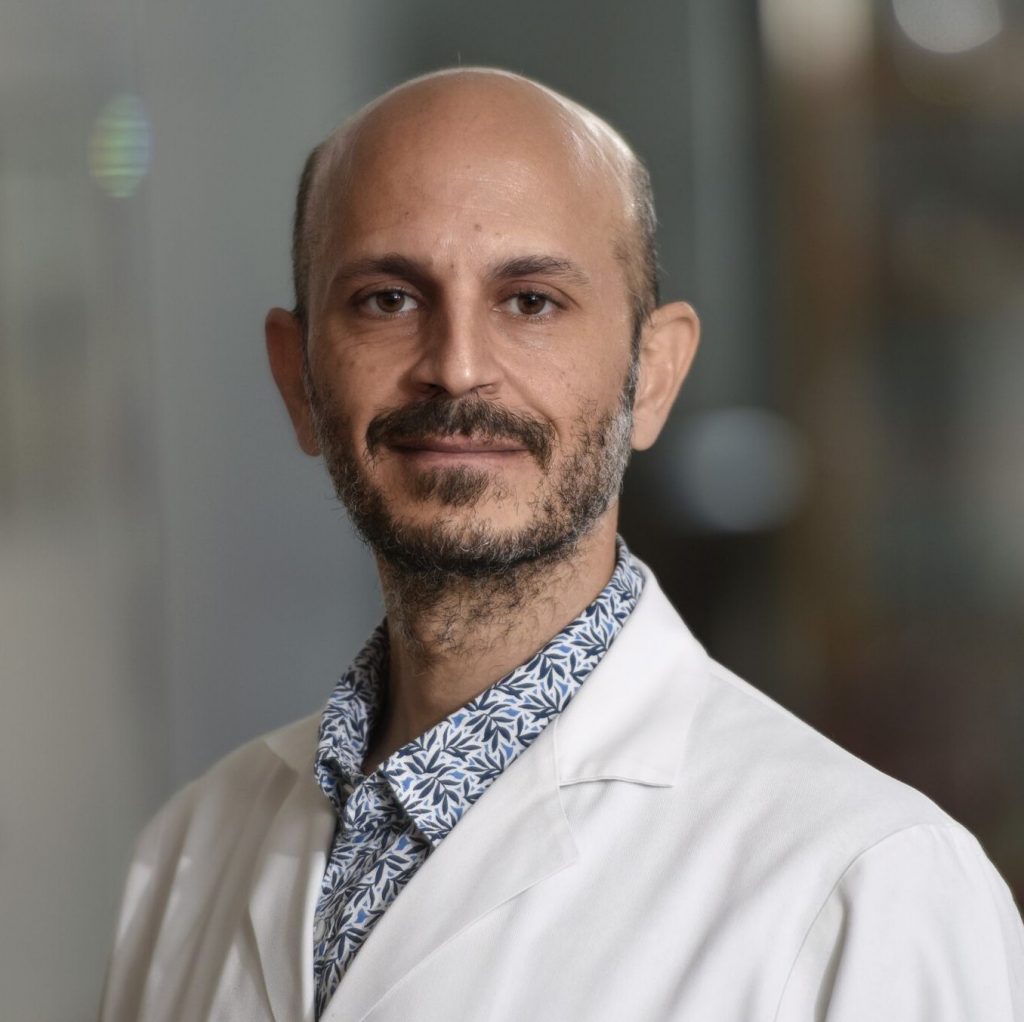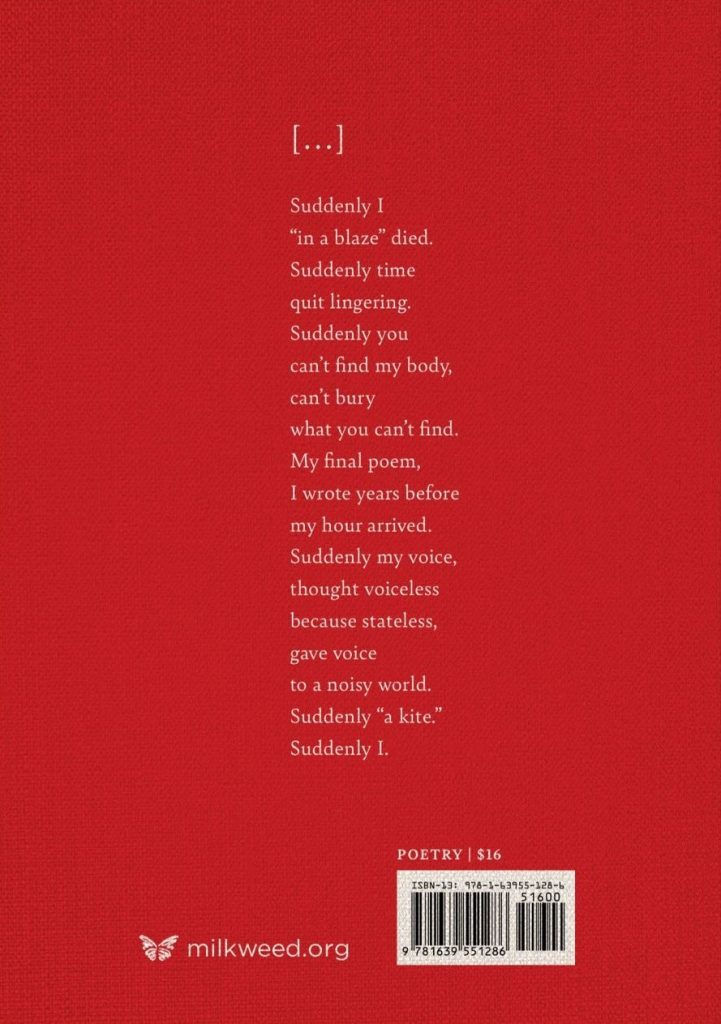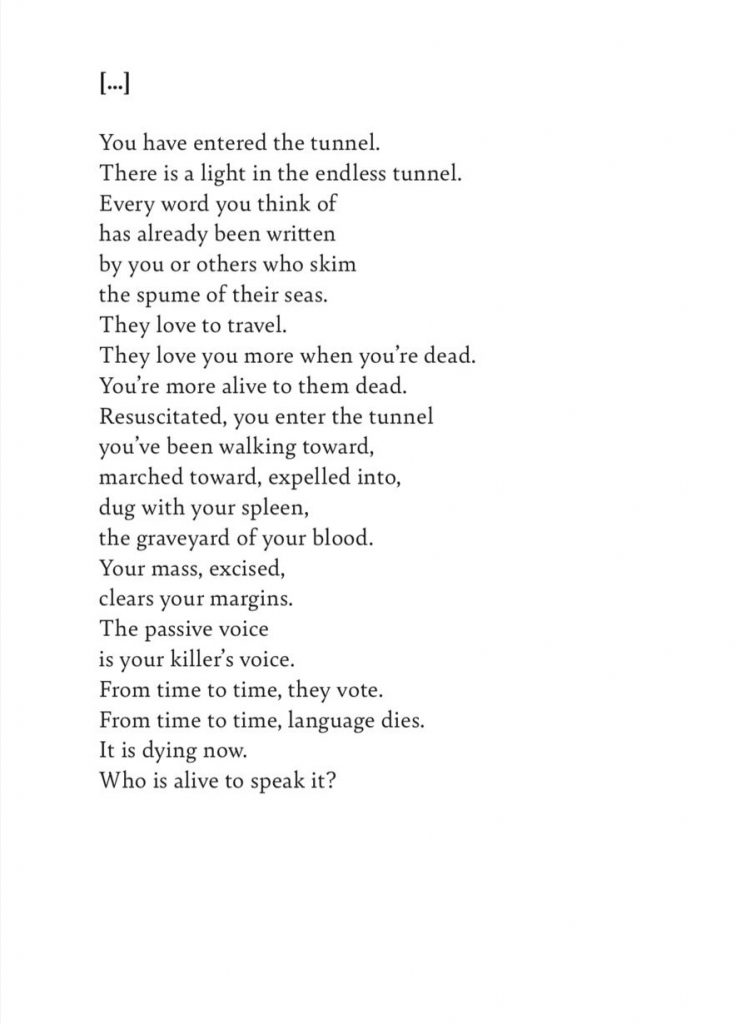This week, Texas-based poet and physician Fady Joudah released a new collection of poems that he composed during the first two months of Israel’s genocide against his family’s home terrain of Gaza. In the latest episode of PalCast, “The Palestinian Voice with Fady Joudah,” he discussed the importance of poetry, memory, and Palestinian narratives with the PalCast team of Yousef, Helena, and Tony. Find their rich, far-ranging conversation on Apple & Spotify,

Joudah, who personally lost over a hundred family members in the Israeli airstrikes, brings a powerful blend of grief and wisdom to his poetry. In the podcast, he emphasized the need for the world to listen to Palestinian voices, and even to practice a kind of respectful silence in their presence.
The title of Joudah’s new collection was intentionally left unsaid, inviting each reader to interpret its meaning through the poems themselves. Here are two samples. (The one in red is on the back cover of the new book, and was composed when he heard of Israel’s killing of his fellow-poet, the late, great Refaat Alareer.)


(You can now listen to an MP3 of Fady Joudeh’s sonorous voice reading his “kite” poem, here.)
Joudah is a widely lauded poet with a rich body of work, including “The Earth in the Attic,” “Alight,” and “Footnotes in the Order of Disappearance.” His new collection is another groundbreaking work, weaving history, personal experience, and profound reflection on the human condition.
Described as “startling and philosophical,” the collection uses silence and imagery to evoke the enclosed spaces and obliterated lives of the Gaza conflict. Joudah confronts the realities of colonial violence while celebrating the enduring spirit of the Palestinian people.
Joudah’s poems defied easy categorization, offering a glimpse into the depths of human experience. They grapple with loss, love, and the very essence of language itself: “From time to time, language dies. / It is dying now. / Who is alive to speak it?”
You can also read a full interview with Joudah, here.

